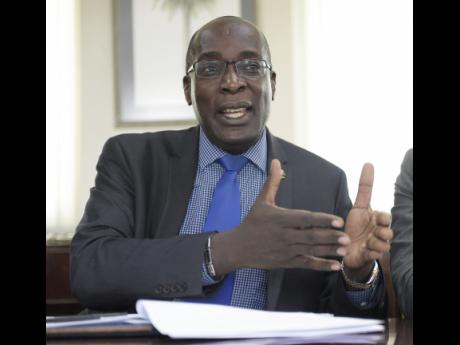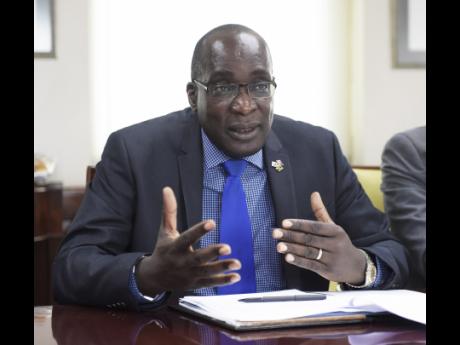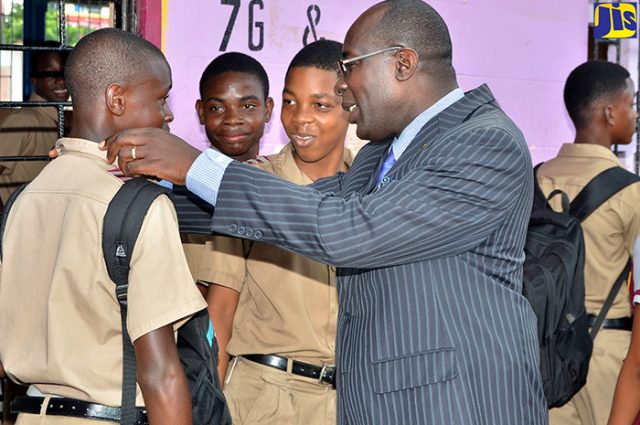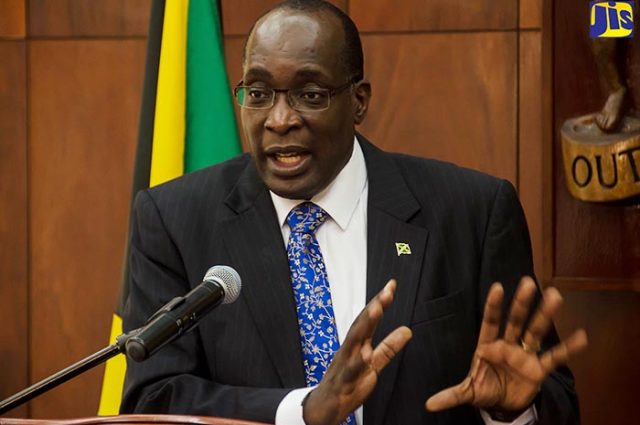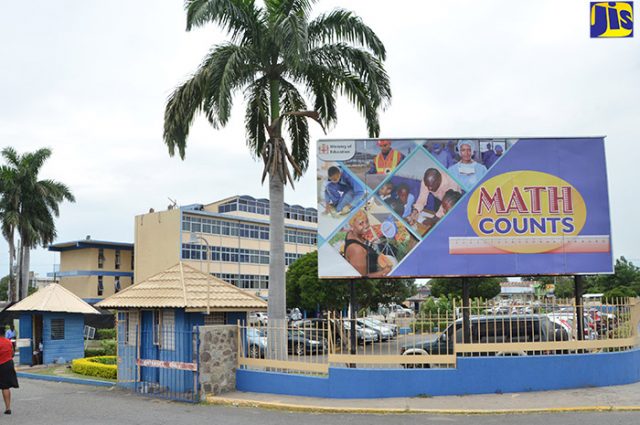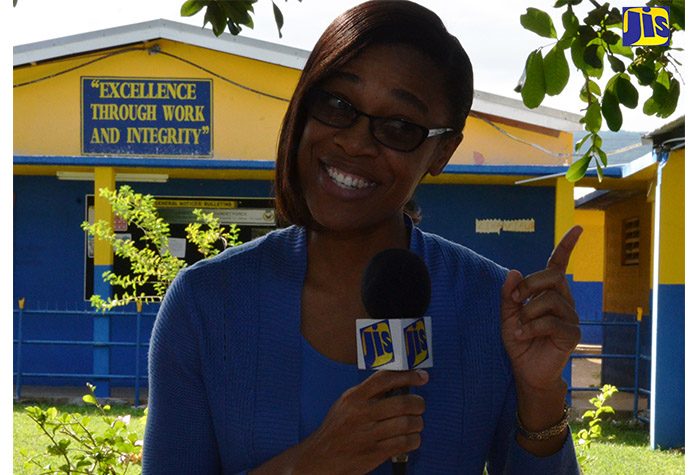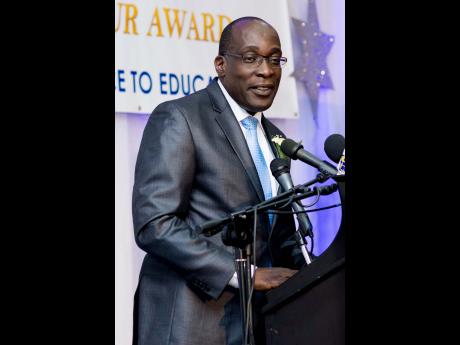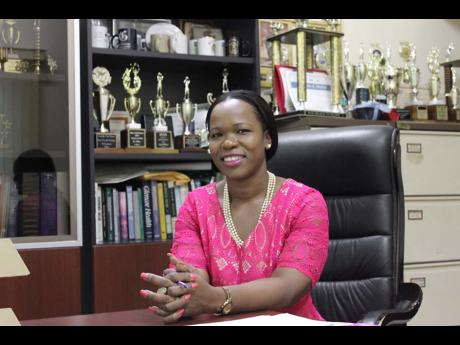GLEANER: Changing demands and new imperatives have propelled school leadership as a policy priority for governments around the world. Increasingly, countries are seeking to align their education systems to the needs of the modern world, and so the expectations of school leaders have changed profoundly.
The competencies now demanded for effective school leadership include the ability to set vision and strategise, lead the change agenda, engage in systems thinking, demonstrate a sense of service and community, work collaboratively in teams, and display ethics and integrity.
Essentially, there is a demand for a set of school leaders who are able to provide adaptive and creative solutions for the challenges that confront the modern world and the capacity to transform their schools into visionary entities. Leadership development, then, for educational leaders, must be competency based, relevant, flexible, practical, and peer-oriented so as to respond to the existing and emerging exigencies of our schools and school systems.
The Ministry of Education, Youth and Information has placed a high priority on developing leadership in education and on bringing greater accountability to the system, given its awareness of leadership development as not only an individual, but also as an institutional responsibility.
The ministry’s efforts have been evidenced in the recommendations and subsequent implementations of the National Task Force on Educational Reform Jamaica, 2004. The report outlined a new model of governance in which governance and management at the regional and school levels would be strengthened through the training and certification of all school managers. The report stated that to be successful, schools needed:
– a strong and effective board;
– a responsive principal displaying strong leadership;
– responsibility for the management of the teaching profession by principals, vice-principals, and heads of department; and
– an articulated shared vision of success around which stakeholders align strategic planning and monitoring to achieve the vision.
The National College for Educational Leadership (NCEL) was a direct response to the recommendations outlined and was established and given the responsibility to develop excellent leadership in the island’s public schools and supporting institutions.
The NCEL leads strategic initiatives to improve leadership, facilitate the provision of support, and create local leadership networks in conjunction with the Regional Offices, the National Education Inspectorate, the Jamaica Teaching Council, and the National Council on Education.
It serves the development needs of school leaders from aspiring to experienced principals of primary, secondary, and tertiary institutions, Education Officers and School Bursars. Since its inception, the college has trained over 75 per cent of the island’s principals in its flagship programme, the Effective Principals’ Training Programme (EPTP).
PRACTICE OF LEADERSHIP
The EPTP is designed to serve the developmental needs of system and school leaders through the emphasis of the practice of leadership more than the theory and the scaffolding of leadership competencies rather than the acquisition of concepts. Principals who have been exposed to this programme have displayed transforming attitudes, beliefs, and practices in the areas of teaching and learning, leadership, collaboration, and accountability.
Kasan Troupe, former principal of Denbigh High School and currently serving as a regional director of the MOEYI, indicated the benefits accrued from leadership development offered by the National College. “NCEL has helped tremend-ously. The EPTP has brought insights to my leadership. We have explored a number of courses that helped me to become more effective on the job.
“NCEL is doing a phenomenal job, and I would encourage every principal to get involved. Whether or not you feel you are good at what you do, it is always good to refresh yourselves and listen to your colleagues. NCEL brings people together in one forum to discuss, to share, and to gain insights from each other. I have utilised the skills that I have learnt from the programme, and I am now better able to advance the education system.”
Adrian Sinclair, principal of Effortville Primary, recounted how being on the programme helped him in his leadership journey.
He recalled: “Before being on the Effective Principals’ Training Programme, I saw that being a principal as one of having to monitor the affairs of the office. I have learnt through this programme how to communicate with staff, students, and how to ensure effective communication between staff, parents, and stakeholders within the school community. I learnt the weaknesses and strengths of my team and so was able to teach them how to not just follow the leader, but to have a significant role to play in the decision-making process.”
The Park Mountain Primary School Community in St Elizabeth has benefited from the vision of their principal, Karlene Williams- Heath, who has been through two of NCEL’s programmes and has been exemplary in both.
She noted: “Being engaged with NCEL has definitely changed my landscape. It has changed the way I view leadership.”
She has moved up through the ranks of leadership from classroom teacher to senior teacher, vice-principal and principal and so has had the opportunity to see and provide leadership at different levels.
She said that before engaging with NCEL, she saw leadership as being able to control students and getting teachers to work. Having been exposed to the multimodal and post-training experience activities offered in the programme William-Heath now sees things from a different perspective.
She has now formulated her own policy called the “ABC of Creating and Effective Organisation … A for Accountability; B for Building Best Practices; C for Communicating a Community Spirit of High Performance.”
Williams-Heath has proved that as a young principal, leadership development was critical in equipping her with the requisite skills and competencies to effect the transformational changes that she wanted to make at her school.
The core of leadership development for NCEL is about transforming attitudes, beliefs, and practices so that greater emphasis can be placed on learning, collaboration, and accountability.
This kind of transformation will not be achieved through academic qualifications alone. The right training combined with the right qualities can give the results that all Jamaicans need to see in our schools.
The NCEL has committed to engaging principals and providing them with contextual, practical, and rigorous leadership-development interventions.
The college believes that the quality development and training that principals receive before they enter the profession and the ongoing professional development afforded them throughout their careers are critical to their success in combating the many challenges that come with the role and to securing the educational fortunes of all Jamaican children.
– Article courtesy of Ministry of Education, Youth and Information
CAPTION: Kasan Troupe, former principal of Denbigh High School, and current Regional Director of MOEYI.


